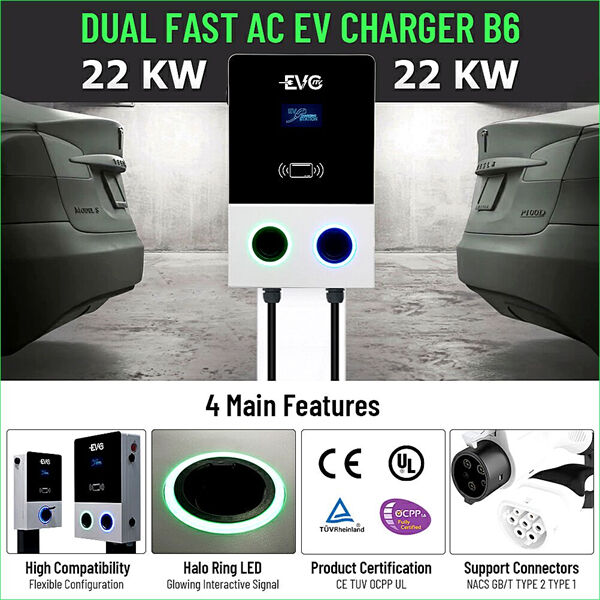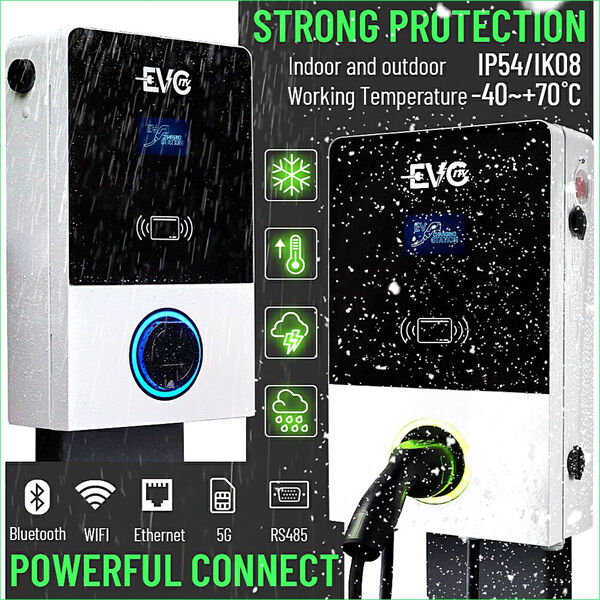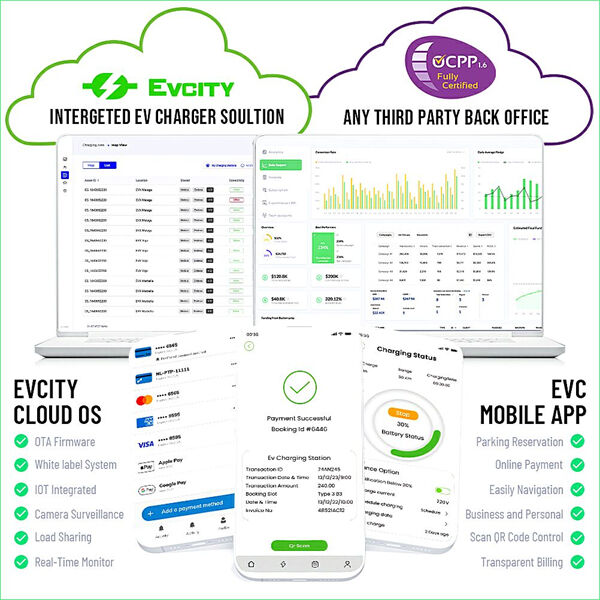An increasingly popular choice with petrol prices still on the rise, electric cars are becoming more and more attractive for a number of reasons. Energy-efficient appliances help the environment and will eventually save you money, as well — they are also simple to maintain. On the other hand, if you drive an electric car then it needs a place to be charged at. This is the crux of home ev fast charger LFF Technology. It makes it easy to charge your car right at home
Home EV charger is an electric car charging equipment that you can install in your own garage or driveway point. This system means you can come home, easily plug your car in to charge and be ready for a short drive the next morning. Which means you get to save your time, and avoid the headache of seeking out a public one.
Furthermore, electric vehicles are powered through the use of electricity which can be harvested from clean sources like wind power and solar energy. Home EV chargers means that when you're charging your electric car at home, it needs to be powered by cleaner energy. This is called carbon offset and it's a measure of the amount of CO2 you are responsible for adding to the atmosphere. When you use clean power, the way that it was generated getting used delivers back again into assisting to avoid wasting the environment for long term generations
It is also very convenient to have an EV charger at home. It can do nothing but charge all day long, waiting for you to get home from that longsuffering 9–5 before taking it out again the next morning. It means you won't have to waste time driving to a public charging station and then queuing up for an available spot. It gives you more time to focus on other areas of your life rather than stress about a dead car battery.

On top of that, electric cars in general are expected to have lower maintenance costs than traditional gasoline-burning vehicles. Less worrisome repairs: They have fewer moving parts to break, so they tend not to require as many trips into the shop. This LFF Technology Level 3 ev charger can mean even more cash saved throughout the life time of your automobile. Beyond that, fuels are costly so you probably get a better deal by juicing your car at home in many cases—even if just on an electric time-of-use plan for charging outside peak use hours.

Level 1 charges use a standard household outlet and can be very slow, typically taking between about 8 to 12 hours to fully charge an electric car. This is a viable option when you have limited daily travel in your vehicle or if it possible for you to let the car charge during the nights.

After evaluating the pros and cons we can say that buying an electric car is a wise decision from both, nature friendly point of view as well economical part. Having an electric vehicle without a home EV charger makes no sense. This LFF Technology dc fast charger will save you precious time, money and stress in the long run.
Equipped with Bluetooth, Ev charger residential, 4G communication module, the charging output is compatible with single/three-phase or multi output (7KW/14KW/22KW/44KW). The efficiency of charging is increased as well as the cost of labor and the average cost of equipment are cut down.
By implementing a dual circuit breaker design to avoid device overheating, reduce failures and hazards to safety and operate safely even in the harshest conditions, ranging between -40 and +70 degrees Celsius. The product had passed Ev charger residential certificate.
It Ev charger residential practicality with aesthetics. It is characterized by bright sharp lines, and utilizes galvanized sandblasting and toughened glass. It is protected to IP54/IK08 level and boasts a durability that lasts for a long time and resistance to corrosion.
Modular design supports remote Ev charger residential firmware upgrades and fault diagnosis. Compliant with the OCPP standardized cloud platform which seamlessly integrates any third-party operator system. Secured CAN/RS232(485) interfaces permit connection to existing IOT systems.